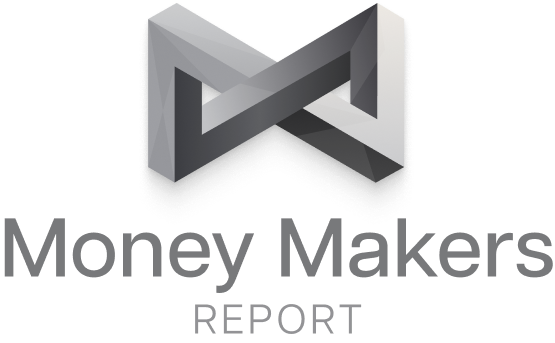
Upbit Halts Transactions Over 1 Million KRW Following Changes to VASP – Here’s the Latest
Upbit, one of South Korea’s largest cryptocurrency exchanges, has temporarily suspended deposits and withdrawals exceeding 1 million Korean won ($721).
This decision, outlined in an official statement released today (April 17), follows modifications to the operations of Ten&Ten, a local VASP facilitating high-value transactions.
Upbit Halts High-Value Transactions Following Ten&Ten Service Suspension
Effective immediately, Upbit has announced the suspension of processing deposits and withdrawals exceeding 1 million Korean won. This decision is attributed to the recent suspension of Ten&Ten’s Travel Rule Solution service, a crucial component that enabled Upbit to facilitate high-value crypto transactions.
South Korea’s implementation of the FATF crypto travel rule includes regulations on transactions among individuals while leaving self-hosted or non-custodial wallets without specific rules. As a result, South Korea has established a minimum threshold of 1 million won for compliance with the Crypto Travel Rule. This means that all virtual asset service providers (VASPs) in South Korea are required to comply with these regulations.
In compliance, Ten&Ten ceased its transaction support on April 15, thereby prompting Upbit to take action and notify its users. Affected users are advised to complete necessary transactions before April 22 at 10:00 a.m., Korea Standard Time, to avoid any inconvenience.
The termination of Ten&Ten’s services represents a significant development for Upbit and its user base, as it impacts the exchange’s ability to process large-scale crypto transactions efficiently.
In response to this transition, Upbit has implemented measures to mitigate disruptions and ensure continued service provision while adhering to regulatory guidelines. This move by Upbit also occurs within the context of broader regulatory developments in South Korea’s cryptocurrency ecosystem. Recent reports indicate a notable shift, with the South Korean won (KRW) surpassing the US dollar (USD) in crypto-fiat trading volume during the first quarter of 2024.
The South Korean won has emerged as the leading fiat currency for cryptocurrency trading, overtaking the US dollar in Q1. #SouthKorea #Wonhttps://t.co/hTRcUJVErP
— Cryptonews.com (@cryptonews) April 17, 2024
According to data from Kaiko, transactions denominated in Korean won on centralized exchanges surged past the $456 billion mark, slightly outpacing the cumulative volume denominated in U.S. dollars, which stood at approximately $455 billion.
South Korean Authorities Prepare Tighter Guidelines Amidst Increasing Interest
South Korean Regulators Discuss Crypto Regulation with ASEAN, OECD Officials
South Korean regulators talked to officials from ASEAN, the Association of Southeast Asian Nations.#CryptoNews #SouthKoreahttps://t.co/nOt3NmFQ0z
— Cryptonews.com (@cryptonews) March 19, 2024
South Korea is on the verge of implementing stricter regulations to refine the token listing process on cryptocurrency exchanges. Recent reports indicate that the country’s financial authorities are finalizing virtual asset trading support guidelines, which are expected to be unveiled by the end of this month or early next month.
The Financial Supervisory Service (FSS), South Korea’s financial watchdog, has spearheaded the development of these listing guidelines since the latter half of last year. Collaborating with industry stakeholders such as the Digital Asset Exchange Association (DAXA), the FSS aims to establish robust standards to bolster investor protection and market transparency.
A recent survey conducted by the Korea Women’s Policy Institute revealed a notable shift in young South Koreans’ attitudes toward the national pension system. The survey, which polled individuals aged 20–39, revealed widespread disillusionment with state-issued pensions, with over three-quarters expressing a lack of trust in the system. Many respondents cited concerns over rising insurance premiums and doubts about the sustainability of the National Pension Service (NPS) amid demographic challenges such as population decline.
In light of these apprehensions, many young South Koreans are turning to alternative investment avenues, including stocks and cryptocurrencies, to secure their financial futures. With over half of the respondents opting to build their retirement funds through investments in stocks and crypto assets, it is evident that traditional pension schemes are losing favor among younger demographics.
The post Upbit Halts Transactions Over 1 Million KRW Following Changes to VASP – Here’s the Latest appeared first on Cryptonews.
